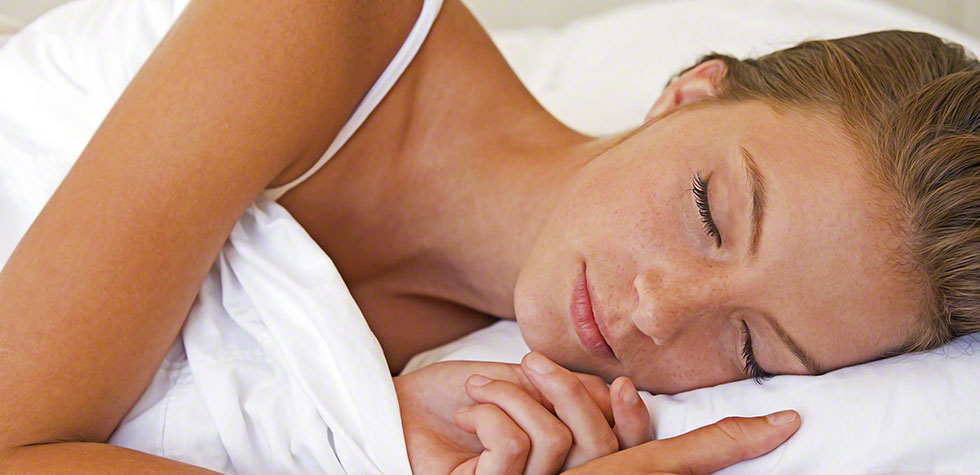We do a lot for our physical and mental health, like exercising, yoga and eating healthy. Among all this we ignore the most important thing that our body requires to stay healthy; Sleep. Sleeping a good 8 hours is a must for the body as per Insomnia clinic silver spring, but we are so ignorant of the negative effects less sleep can have on us that we don’t even think about it.
Because of your unhealthy sleep pattern there have been reports of sleeping disorders getting so common that as many as 18 million people were diagnosed with sleeping disorders especially sleep apnea. There are over 70 known sleep disorders according to insomnia doctors:
The most common of these are:
- Sleep apnea
- Insomnia
- REM
- Narcolepsy
- Restless leg syndrome
If they are all sleep disorders than what makes them different then each other. How is sleep apnea different than insomnia?
Insomnia
Insomnia is when you can’t fall asleep, or maintain that sleep for good long hours. There are two types of insomnia i.e.
- Transient insomnia (this doesn’t last for long, it happens for a short period of time and its commonly known as occasional insomnia)
- Chronic insomnia (this is the serious type, it occurs almost every night, it’s very persistent, stays for as long as a month or more.)
Why is it that even after a long tiring day the body can’t get enough sleep, what keeps it awake? What is the cause of insomnia? Well to name a few causes of occasional insomnia:
- Stress (day to day worries, hyper active thinking, over thinking and such)
- Workaholic attitude.
- Hormonal fluctuation that happens when the body is going through ovulation or menopause.
- Dieting
- Pregnancy (as it comes with nausea, cramps, heart burns, acid reflexes etc.)
- Depression
- Hectic and demanding lifestyle
When it comes to chronic insomnia the cause may vary from the occasional insomnia. For example:
- Medical conditions
- emotional trauma
- psychological issues
- long period of stressful events. Or chronic depression
- Working in rotating shifts
- Medicines and drugs
- restless legs syndrome or sleep apnea or other sleep disorders
According to insomnia clinics, half of the American population suffers from occasional insomnia whereas quarter suffers from chronic Insomnia. Insomnia doesn’t cause sleep disorders but almost all sleep disorders can cause insomnia. To treat insomnia, it has to be diagnosed first. So, if your suspect that you are suffering from any of the two types of insomnia you should visit insomnia clinics and get yourself tested.
The major difference between sleep apnea and insomnia, explained by insomnia clinics, is that sleep apnea can cause insomnia.
How Is Sleep Apnea Different from Insomnia?
Sleep apnea is different than insomnia because it’s much more serious, and graver than insomnia. Sleep apnea is most commonly diagnosed among other sleep disorders. Unlike insomnia, sleep apnea is more accepted and can be easily tested by insomnia doctors. When the closing at the back of your throat gets constrained, the airway blocks hence the oxygen doesn’t reach the brain. It’s an on-going war between sleeping and breathing. This blockage can be due to many reasons such as, facial features, tongue rolling and tissue collapsing. This type is called obstructive sleep apnea. The other type; central sleep apnea occurs when the brain doesn’t signal the body to breathe. Hence you wake up gasping for air.
They symptoms for both types are over lapping. Such as:
- You don’t get much sleep
- Day time tiredness and fatigue
- Headaches or migraines
- They also have the same consequences on the body. Such as
- Heart failure
- Stroke
- High blood pressure
- Depression
- Diabetes
Sleep apnea can be diagnosed, by insomnia doctors damascus md, with the help of in-lab sleep study or a home sleep apnea test. After it’s been diagnosed by proper means, it can be managed easily with therapy, surgery or CPAP (sleeping with a mask to keep airflow constant.)
Insomnia keeps you up all night, whereas you can sleep if you have sleep apnea but you will get up as many as 30 times under an hour. This keeps you from going in a deep slumber. Body needs this deep sleep to restore its energy, muscles and bones.
Sleep disorders can lead to many other seriously problems discussed above, so you should consult a doctor if you suspect any of these symptoms. Sleep well and stay healthy.




